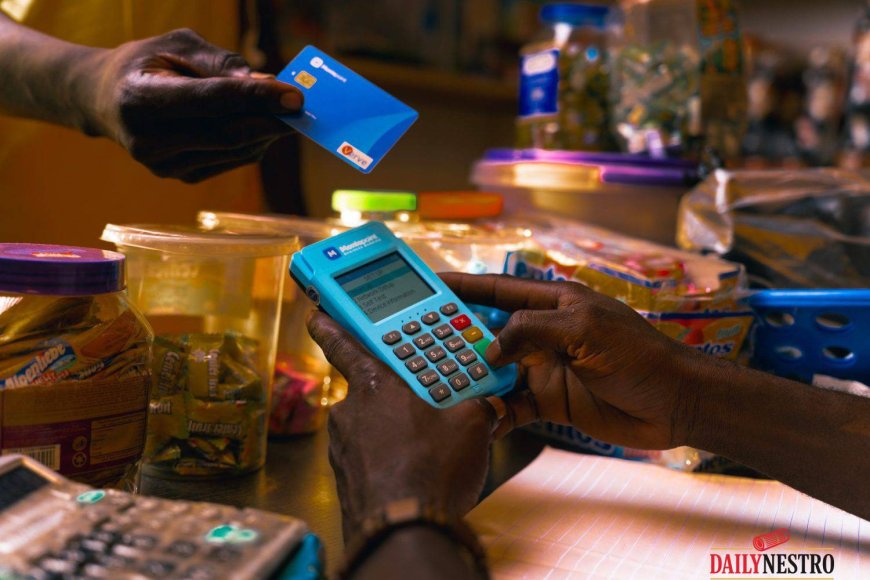Nigeria’s Informal Economy Is Powering a Digital Payment Boom, But the Credit Gap Is Widening
Nigeria’s informal economy is rapidly going digital, with millions of market traders and small businesses embracing mobile payments and e-wallets. Yet while transactions soar, access to credit remains scarce. The gap between payment innovation and financing highlights a crucial challenge for fintechs, regulators, and investors aiming to unlock the full potential of Nigeria’s digital economy. Without bridging the credit divide, the nation risks fueling transactions without sustainable growth.

Nigeria’s informal businesses, street vendors, market traders, and informal service providers are quietly building one of Africa’s fastest-growing digital payment systems.
However, as money flows, credit is lagging.
From cash-based to code-enabled
A recent report indicates that many informal actors now rely on mobile-money transfers, wallet apps, and digital tills. The majority of transactions are digital, but traditional credit systems haven’t caught up. The rails for payments exist; what isn’t yet built is the scaffolding for credit-based growth. For example, market merchants who once accepted only cash now issue digital receipts and collect payments via smartphone-based wallets. Their data captures transaction volumes, patterns, and frequency, but the data hasn’t yet been converted into formal loans, financing, or growth capital.
Why it matters for Business & Finance
New Payment Habits: Informal business owners are fast-adopting digital payments, which expands the reach of fintech platforms beyond traditional banking.
Untapped Credit Opportunity: Digital transaction data creates potential for credit underwriting, but the link isn’t fully built. Without credit, growth remains constrained.
Financial Inclusion Leap: If informal enterprises begin accessing formal credit, Nigeria’s digital economy could grow faster, creating jobs and scaling businesses in previously “unbanked” segments.

The payment infrastructure is strong: fintechs and payment service providers already enable transactions in the informal economy. But the next frontier is applying data analytics and machine learning for risk assessment, credit scoring, and product design tailored to informal actors. The article argues that the digital payment boom is happening; the credit boom must follow.
Challenges
Transaction volume alone doesn't guarantee credit readiness without proper underwriting frameworks; many operators remain “payment-only.”
Monitoring the informal sector is more difficult; regulatory frameworks are necessary if credit is to scale, but they have trouble capturing the behavior of informal actors.
Infrastructure & trust: Though payments are increasing, many informal players still face unstable internet, power interruptions, and limited trust in formal systems.
Sources








